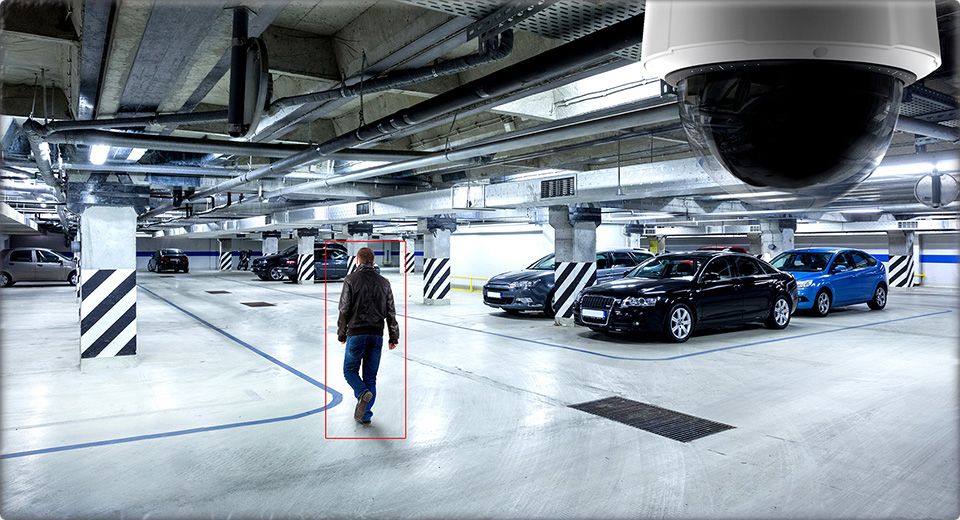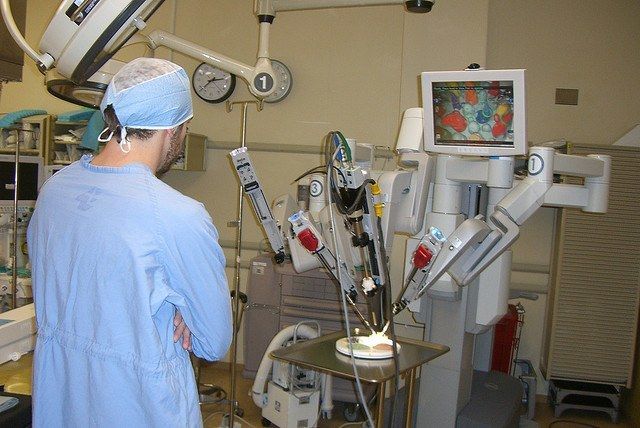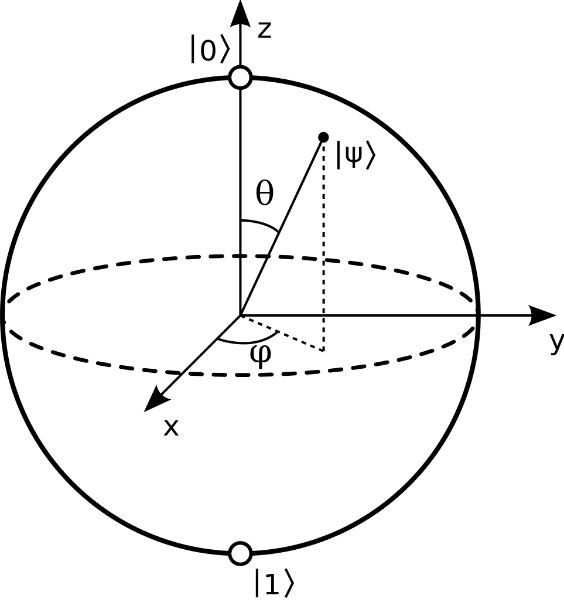All is promising for Biometrics and biometric informatics; however, the technologies to date leveraged in IoT and other environments for parsing, analysis (especially predictive analysis), as well as better presented needs to be improved to be of value. We have seen great progress in the collection of the information and for some basic identification capabilities it looks good; however, to truly be effective and of value we need a lot more work done in this space especially when you look at today’s landscape of collecting information in areas of IoT and processing/ analysis with big data.
The global biometrics market is projected to cross US $ 24.8 billion by 2021. Fingerprint recognition biometric systems are the most preferred type of biometric systems used across the globe, owing to their ease of use, low cost, high speed and accurate results.
Biometric systems are used across various public as well as private offices for enhancing the security of data and information, as these systems provide an accurate validation as compared to traditional methods such as ID cards, PINs, passwords, etc. Increasing use of biometrics in e-commerce and cloud computing solutions, coupled with initiatives taken by the government of various countries across the world to adopt biometrics systems for identification and verification purposes are some of the major factors driving demand for biometric solutions, globally.
Moreover, introduction of e-passports and e-visas, use of biometrics in criminal identification, increasing demand for smartphones integrated with biometric technologies and implementation of biometric technology in election administration are anticipated to drive the global biometrics market over the next five years.
Continue reading “Global Biometrics Market Worth US$ 24.8 Billion by 2021 — Vein Scanner to Outpace Fingerprint Recognition Biometrics — Research and Markets” »















